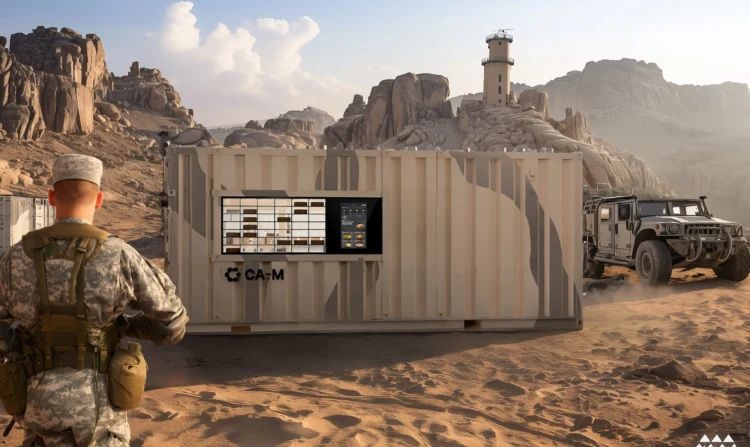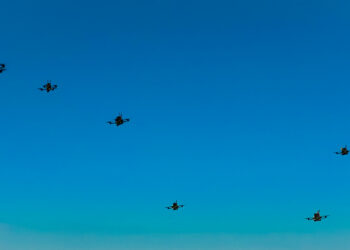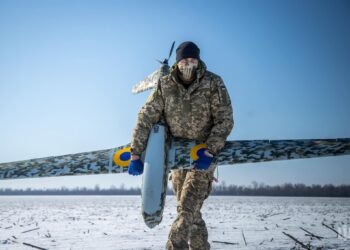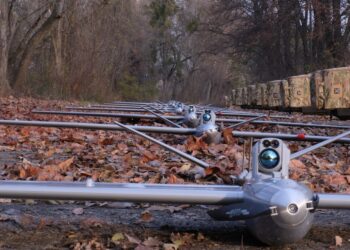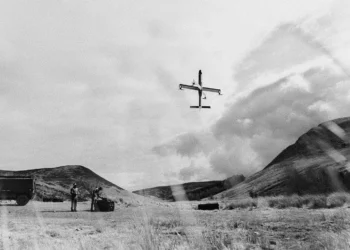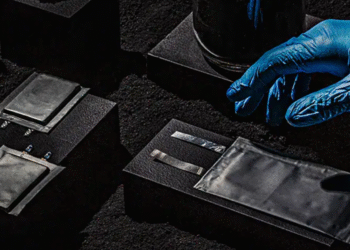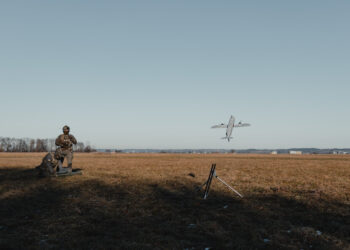German AI and robotics company Circus has signed an agreement with Brave1, an initiative established by the Ukrainian government in 2023 to foster greater collaboration between state, military, and private sector operators working on defence issues.
Circus, which develops autonomous robotic systems for logistics and food supply operations, announced a new defence-focused subsidiary just two days ago, positioning itself at the center of Europe’s emerging dual-use technology market. This followed less than two weeks after Circus revealed it was “establishing an operational presence” in Ukraine.
Automation for the People
Circus develops nutrition and logistics systems that automate meal preparation and distribution in environments such as airports, hospitals, hotels, and universities. The company’s technology combines AI, robotic mobility, and modular container units to deliver self-operating culinary infrastructure — capabilities now being adapted for deployment in defence settings.
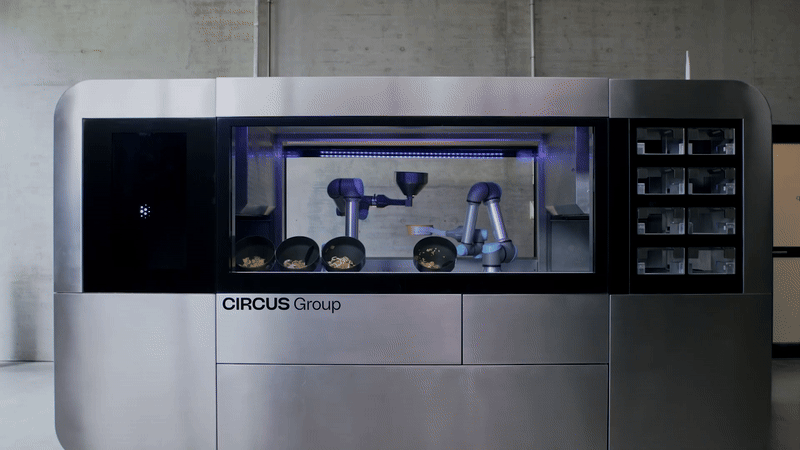
The machines take care of each stage of the meal process, from dispensing and cooking, to serving and cleaning.
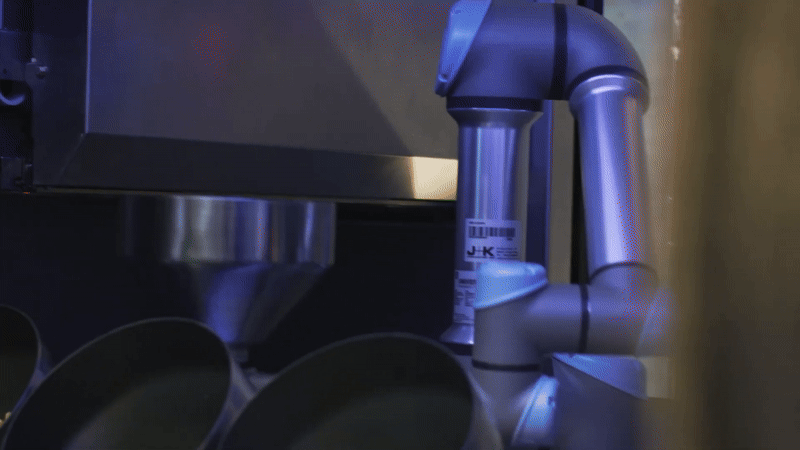
The units come with Circus OS, an operator console that gives real-time feedback and guidance for refilling, maintenance, and performance tracking. Its AI-order terminal serves a voice-enabled interface and cashless payment system, letting users order meals while the unit manages all kitchen operations autonomously.
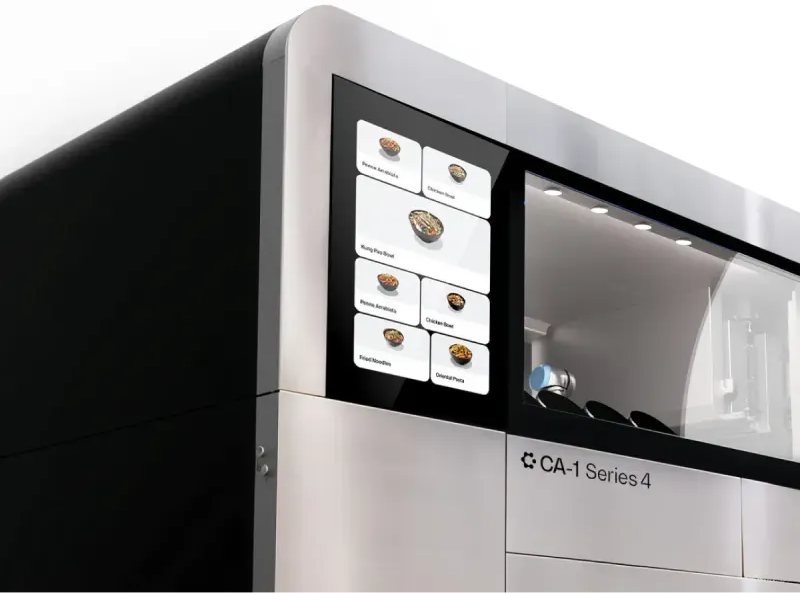
Circus kickstarted its push into the defence realm back in April, with the launch of CA-M, a ruggedised field kitchen built to feed troops autonomously in high-risk or remote operations — this could be at fixed bases and logistics hubs, or mobile operations closer to the front.
The company said at the time that it was in active negotiations with “multiple NATO-aligned and allied defense forces” for field deployments.
“In war and crisis, sustaining military personnel is just as critical as equipping them,” Circus CEO Nikolas Bullwinkel said.
Engineered for extreme conditions, the CA-M replaces traditional human-led field kitchens with a fully self-contained system that cooks over 1,000 fresh meals per load, requiring almost no human involvement.
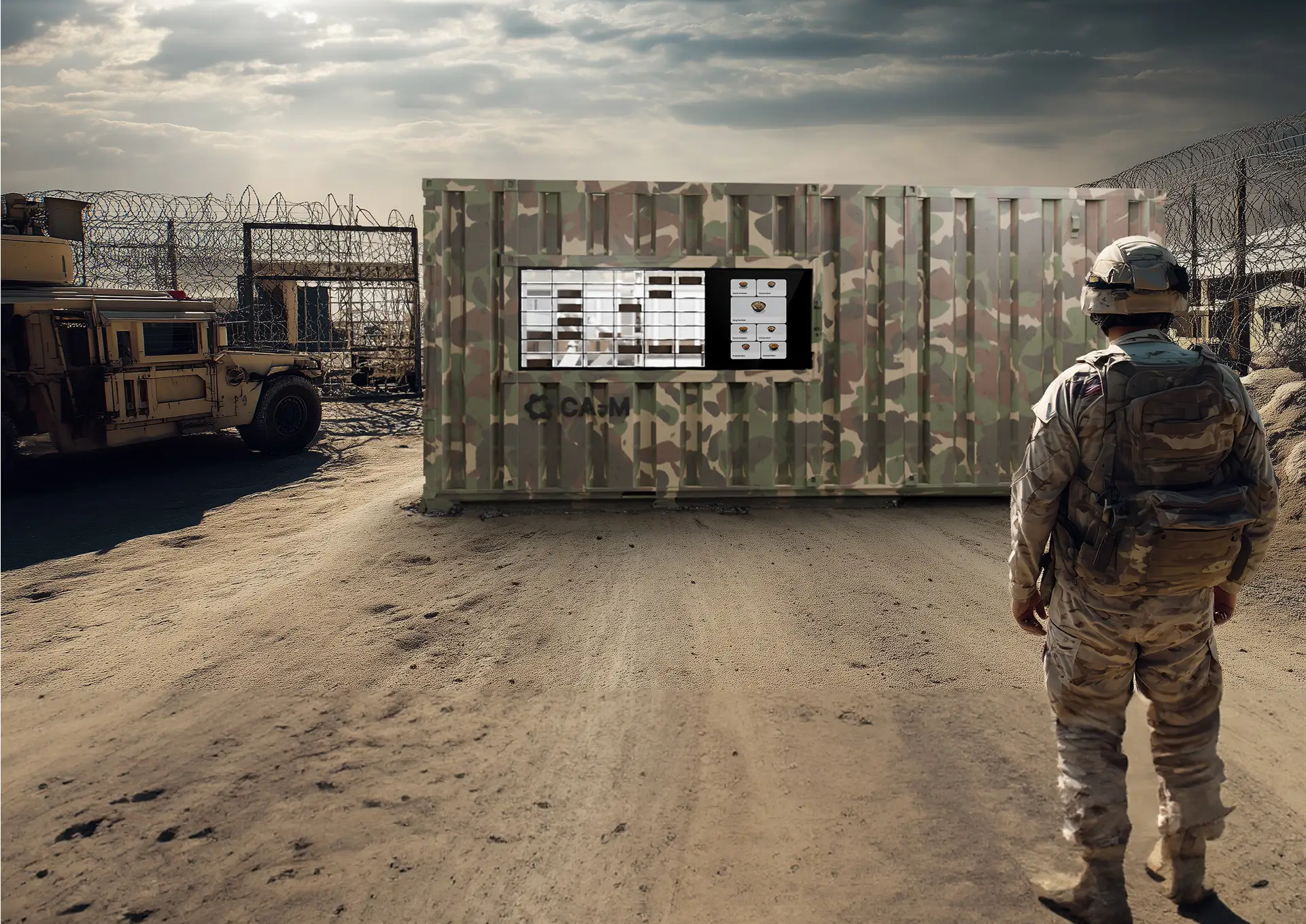
Back in September, Circus announced a partnership with Meta to integrate the company’s Llama AI models into its autonomous systems, extending Meta’s burgeoning defence-focused AI aspirations into Europe. The collaboration aims to equip Circus’s platforms — including its CA-M field kitchen — with secure, locally run AI capabilities, allowing data processing and decision-making to occur directly on-site rather than through external networks.
The Brave1 collaboration, forged with support from Ukraine’s Ministry of Digital Transformation, Ministry of Defence, Armed Forces, and Military Innovation Technology Solutions (MITS), will see Circus deploy its AI robotics infrastructure across Brave1 facilities, though the company hasn’t confirmed where these facilities will be.
Initial systems are expected to go live in early 2026.
“Our mission is to deploy unmanned infrastructure solutions where it matters most – supporting people on the ground and strengthening resilience through technology,” Bullwinkel said in a statement issued to Resilience Media.
Europe’s Dual-Use Industrial Shift
While the partnership could prove invaluable for Ukraine’s efforts to modernise its military logistics and sustain troops closer to the front, it also underscores a broader trend: Europe’s move to adapt commercially proven AI and robotics systems — from logistics and catering to healthcare and mobility — for defence and national-security use.
Back in July, the EU Institute for Security Studies (EUISS) argued that Europe’s rearmament efforts could drive a “dual-use tech boom,” urging governments to channel defence budgets into technologies with both military and civilian potential. The report highlighted robotics as a key domain, noting that such systems can “monitor critical infrastructure in extreme or inaccessible environments” and offset Europe’s ageing industrial workforce — evidence of how civilian automation capabilities are being reframed as strategic assets.
Circus, a €500 million company since it floated on the Frankfurt Stock Exchange in January 2024, is already accelerating production capacity to meet this dual-use demand. The firm recently announced plans to begin high-volume manufacturing in Europe in the coming months, with the first such factory set to launch in 2026.


